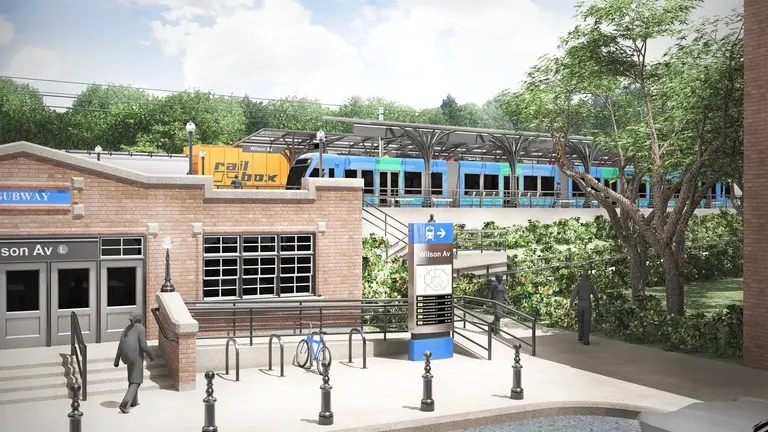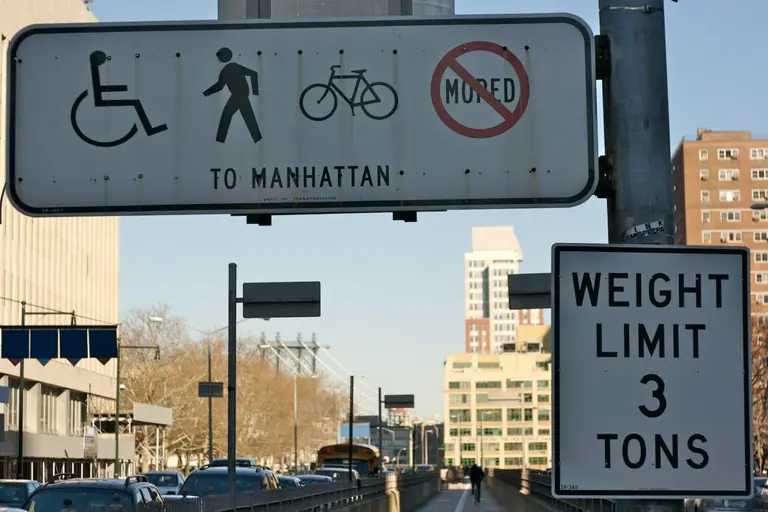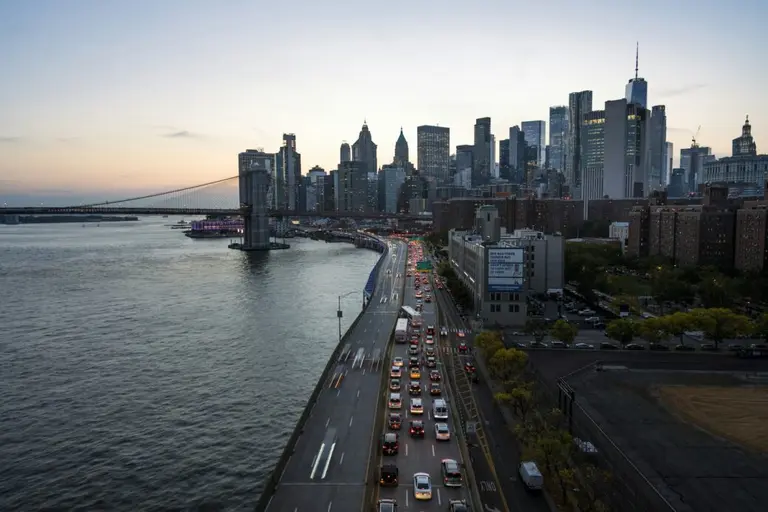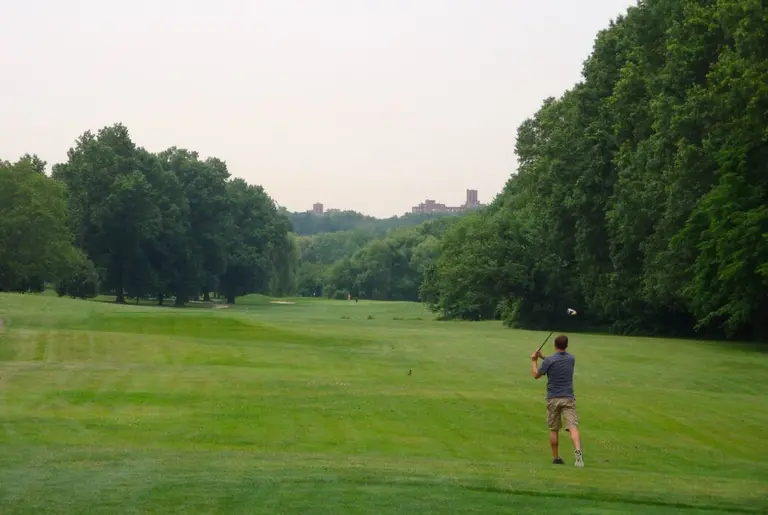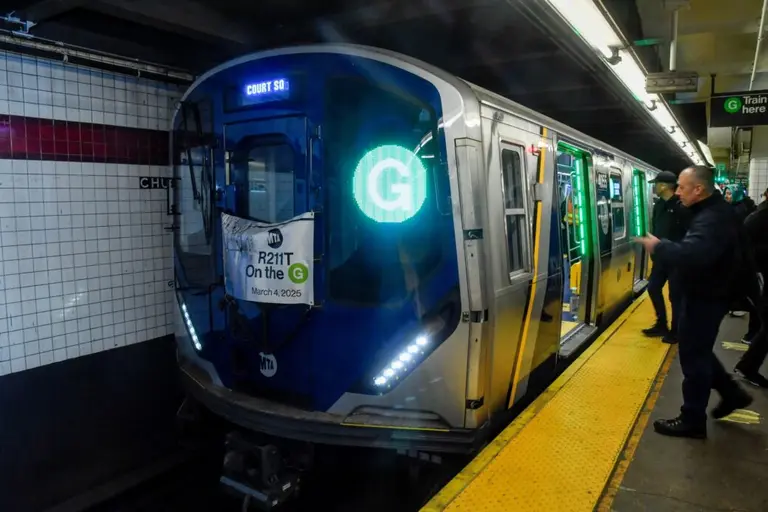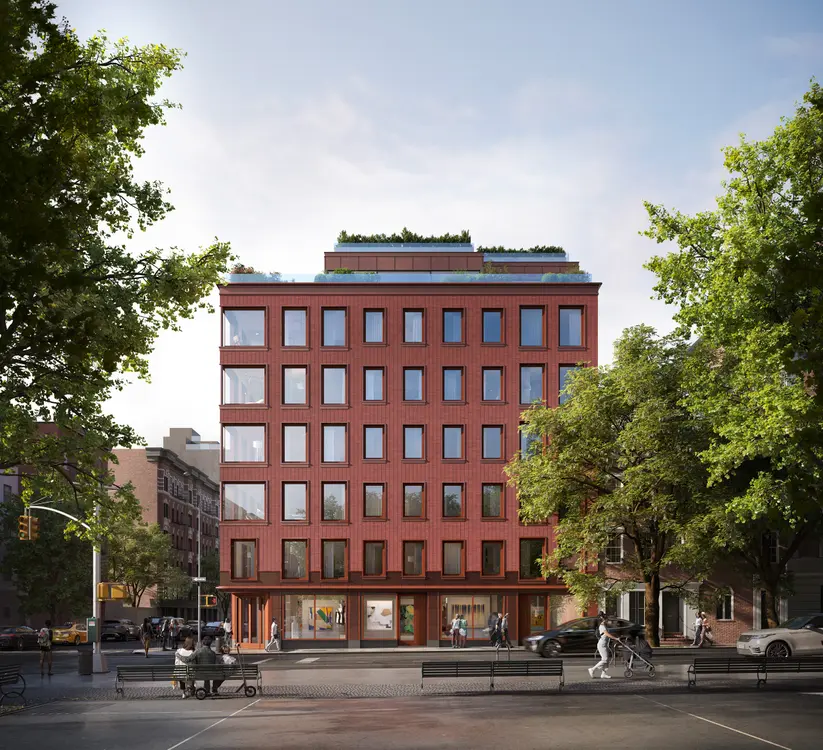New Landmarking Proposal Would Automatically Consider Any 50-Year-Old Building for Designation
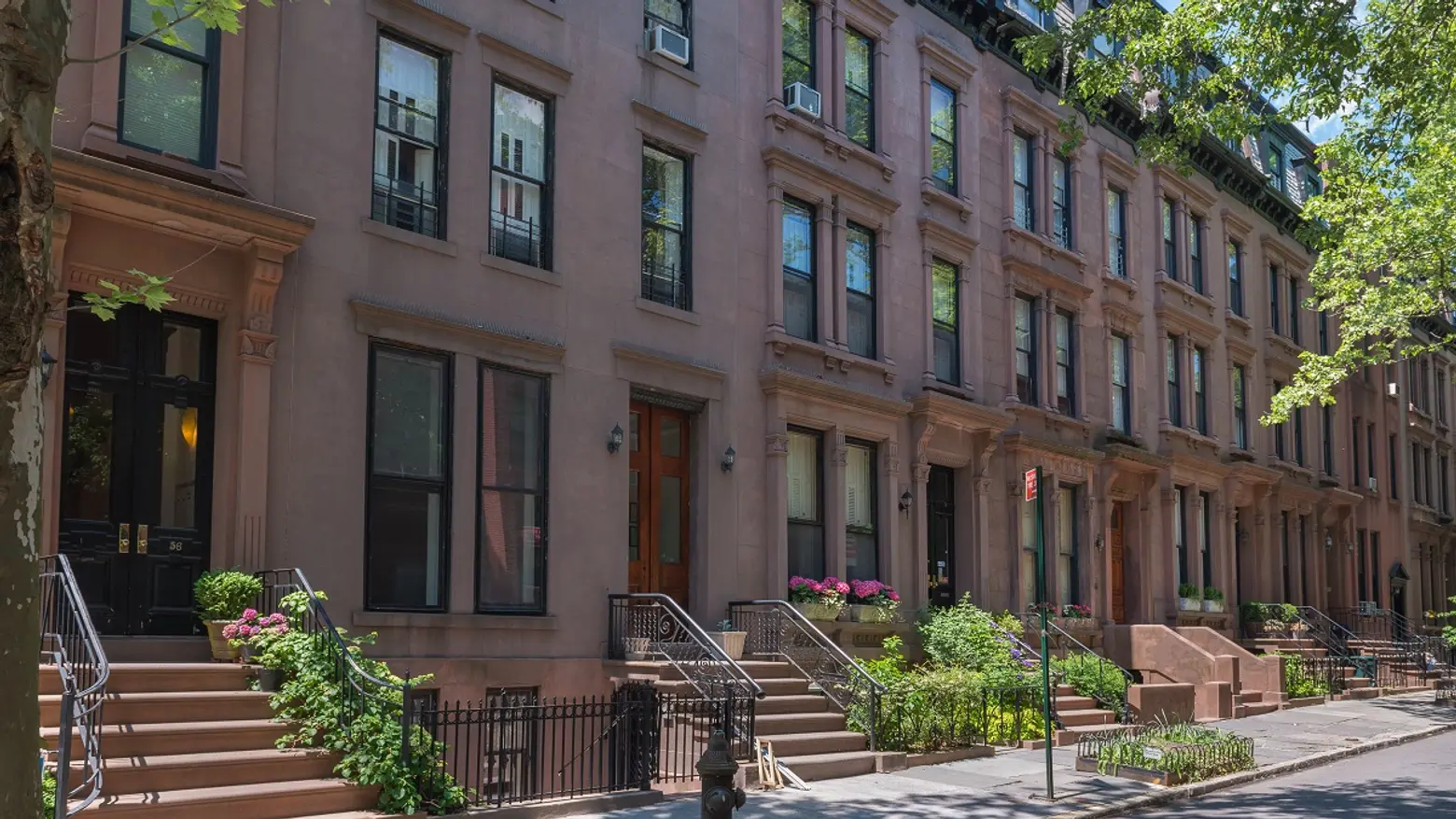
Historic brownstones in Brooklyn Heights via City Realty
Though landmarking has come under fire over the past year, with the Real Estate Board of New York claiming that historic designation limits affordable housing, the City Council is drafting legislation to alter the landmarks law in favor of historic preservation. As Crain’s reports today, “Backers of the legislation say it will bring more clarity to a process that has been criticized for hindering development, but critics say the ‘devil is in the details.'”
Headed up by Manhattan Borough President Gale Brewer and drafted by Councilmen Brad Lander, Stephen Levin, and Daniel Garodnick, the new legislation, among other stipulations, would automatically consider any building older than 50 years for historic designation and make it harder for developers to demolish a property in “landmarking limbo.” This comes just four months after the Landmarks Preservation Commission released a proposal to de-calendar 94 historic sites and two historic districts. The plan was eventually receded, but signaled to many a turn in the city’s policy.
According to Crain’s, the new legislation would also do the following:
- Establish an approximately five-year timetable for consideration of “calendared” items by the city’s Landmarks Preservation Commission
- Create a database of all commission actions
- Update the public submission requirements to include more documentation and rationale for landmark or historic district consideration, make those submissions possible online, and set a timetable for LPC response to the submissions (90 days for landmarks, 180 days for historic districts)
- Publish style guides for each historic district so owners and tenants can easily learn the “dos and don’ts” for their neighborhood
- Require that a property’s landmark status be disclosed to a commercial tenant before a lease of commercial premises is final
- Codify in law the unofficial “gentlemen’s agreement” that the LPC will receive notice and 45 days to act when the Department of Buildings receives an application to alter or destroy a “calendared” property
Preservation groups have been strongly advocating for the last bullet point in recent months. The Greenwich Village Society for Historic Preservation (GVSHP) published a report in July calling for the city to better protect soon-to-be landmarked buildings. As we reported at the time, “more than 20 historically significant buildings (including those designed by renowned architects like Frank Lloyd Wright and Morris Lapidus) have been heavily altered or altogether demolished over the past 12 years after city officials gave word to owners that their buildings were under consideration for landmarking.”
REBNY claims that over 25 percent of New York City is landmarked, while Andrew Berman, Executive Director of GVSHP, cites that landmark designation covers only about three percent of the city. It’s this type of discrepancy that Brewer hopes the legislation will clarify. “This month we are celebrating the 50th anniversary of the New York City Landmarks Law. What better time to add more transparency and predictability to the landmarks process—so it can serve us even better in the decades to come,” she said.
[Via Crain’s]
RELATED:
- Historic Districts and Landmarking: What They Mean (and How They Could Affect You)
- Preservationists Publish Report Asking City to Better Protect Soon-To-Be-Landmarked Buildings
- Crimes Against Architecture: Treasured NYC Landmarks That Have Been Purposely Destroyed or Damaged
- Architectural Saviors: NYC Landmarks Saved From Destruction
